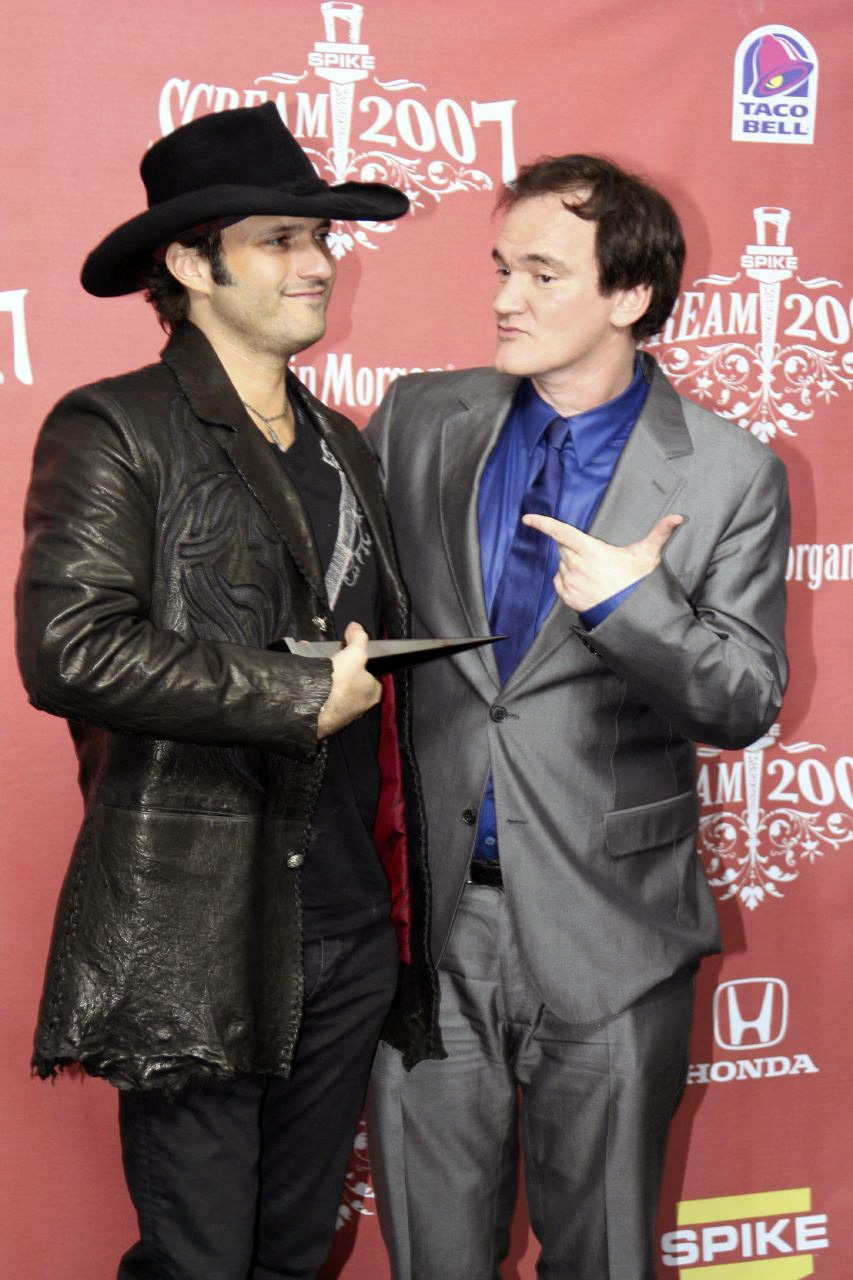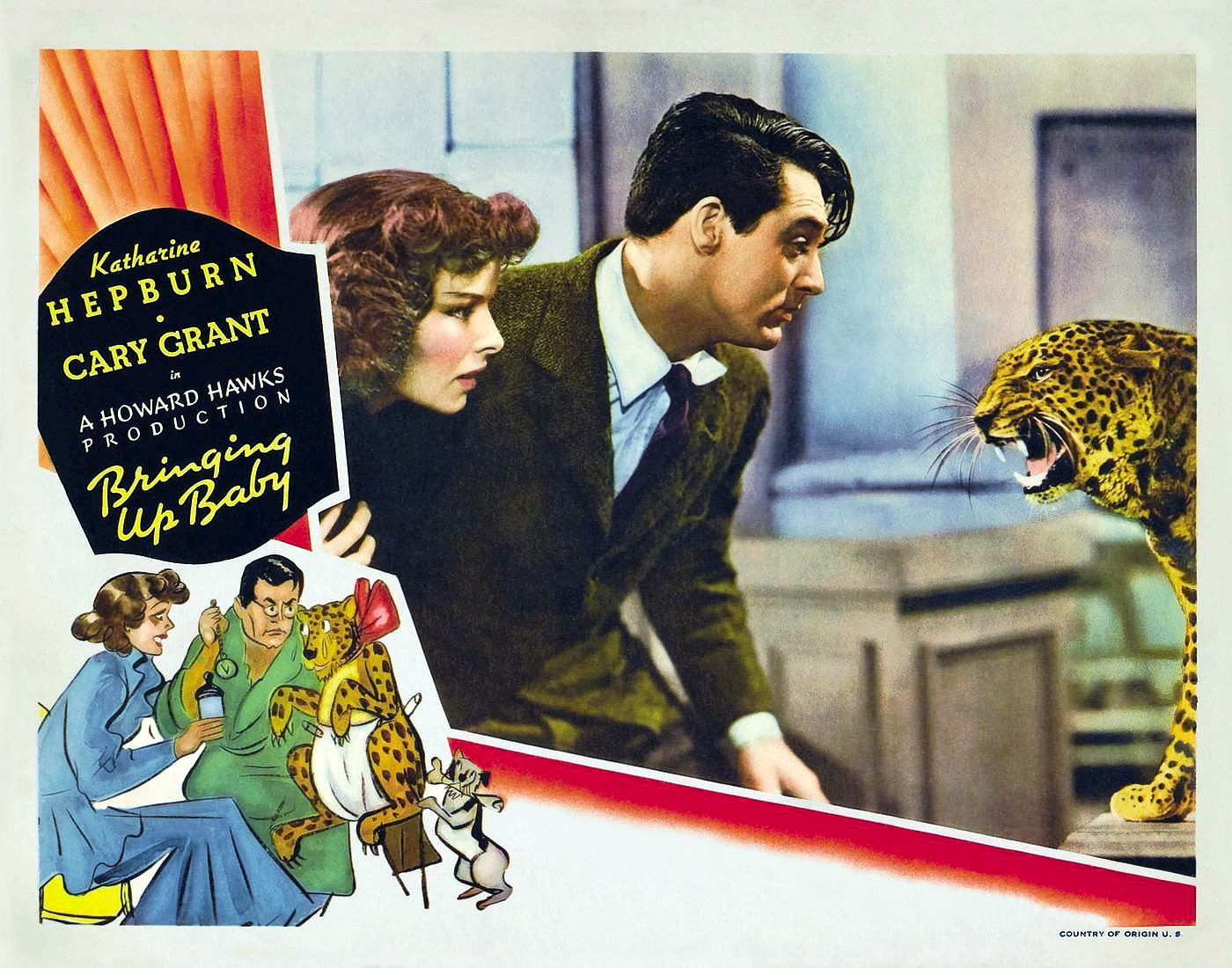|
Glückskinder
''Lucky Kids'' (german: Glückskinder) is a 1936 German romantic comedy film directed by Paul Martin and starring Lilian Harvey, Willy Fritsch, and Paul Kemp. It was shot at the Babelsberg Studios in Berlin. The film's sets were designed by the art director Erich Kettelhut. Plot New York City in the 1930s: When the court reporter of the ''Morning Post'' gets drunk, his colleagues persuade the naive and unsuccessful newspaper poet Gil Taylor to write the court report instead. A poor girl is accused in the court, because she walked homeless through the city, and could be sentenced to a prison sentence. The romantic Gil has pity with the attractive girl and states that he is her fiancée, but the judge remains skeptical and arranges that the complete strangers get married right now in order to prove that they are really a couple. Gil and the girl agree. The next day, every newspaper reports about the sensational marriage - except the ''Morning Post'' (because Gil forgot t ... [...More Info...] [...Related Items...] OR: [Wikipedia] [Google] [Baidu] |
Albert Florath
Albert Peter Adam Florath (7 December 1888, Bielefeld – 11 March 1957, Gaildorf) was a German stage and film actor. Early life and education Born to Joseph Florath, a locksmith, and his wife Matilda, née Burkart, he attended school in Brakel and the Realgymnasium in Paderborn. He was bailiff candidate in Delbrück, where he was active in the welfare, church and school department and the police administration. Acting career Florath gained first stage experience in amateur dramatic groups of local clubs in Delbrück. In 1908, Florath gave up his career in office and went to Munich-Schwabing, to devote himself entirely to acting. He debuted in 1908 as a stage actor at the court theater in Munich. He took acting lessons with Alois Wohlmut and, as a sideline, wrote feuilleton contributions. When the First World War began, Florath interrupted his artistic career, volunteering as a reserve lieutenant and serving as an instructor of recruits. His wartime experiences caused him t ... [...More Info...] [...Related Items...] OR: [Wikipedia] [Google] [Baidu] |
Paul Kemp (actor)
Paul Kemp (20 May 1896 – 13 August 1953) was a German stage and film actor. Kemp worked as a piano accompaniest for silent films, and then served as an ambulance driver on the Western Front during the First World War. Post-war he moved into acting on the stage in Düsseldorf and Hamburg. His career really took off when he moved to Berlin in 1929, appearing in the hit stage version of the novel ''Menschen im Hotel'' by Vicki Baum. He made his film debut in 1930, shortly after the introduction of sound film. He appeared prolifically in German and Austrian films until his death in 1953. Selected filmography * ''Cyanide'' (1930) - Kuckuck * ' (1930) - Aufnahmeleiter * '' The King of Paris'' (1930) * ''Rag Ball'' (1930) - Priem * ''The Great Longing'' (1930) - Regieassistent Mopp * ''Dolly Gets Ahead'' (1930) - Jack * ''The Blonde Nightingale'' (1930) - Hirschfield * ''The Threepenny Opera'' (1931) - Mackie Messers Platte * ''Seitensprünge'' (1931) - Anton Schiller * '' M'' (1931) ... [...More Info...] [...Related Items...] OR: [Wikipedia] [Google] [Baidu] |
Erich Kettelhut
Erich Karl Heinrich Kettelhut (1 November 1893 – 13 March 1979) was a German production designer, Art director#In film, art director and set decorator. Kettelhut is considered one of the most important artists in the history of early German cinema, mainly for his set direction for ''Die Nibelungen'' (1924) and his design and visual effects for ''Metropolis (1927 film), Metropolis'' (1927). His early career was defined by a working relationship with fellow designers Otto Hunte and Karl Vollbrecht, the trio working on many of Fritz Lang's early German films. Despite being best known for his iconic visuals on several of the most important films of German Expressionism, German Expressionist cinema, he is also noted for a career spanning into the 1960s and his work on more light-hearted films and musicals. Career Early career Kettelhut was born in Berlin in 1893. After leaving school, he received training at a craft school as a theatre artist. In 1909 he first met Otto Hunte, when t ... [...More Info...] [...Related Items...] OR: [Wikipedia] [Google] [Baidu] |
Paul Martin (director)
Paul Martin (8 February 1899 – 26 January 1967) was a Hungarian film director and screenwriter who worked for many years in the German film industry. He directed 60 films between 1932 and 1967. He was romantically involved with the film star Lilian Harvey and directed her in a number of films until he left her in 1938 for the actress Frauke Lauterbach. They made one final film ''Woman at the Wheel'' together during the filming of which their relationship remained cold. Selected filmography Screenwriter * ''Come Back, All Is Forgiven (film), Come Back, All Is Forgiven'' (1929) Director Film * ''Happy Ever After (1932 film), Happy Ever After'' (1932) * ''The Victor (1932 film), The Victor'' (1932) * ''A Blonde Dream'' (1932) * ''Orient Express (1934 film), Orient Express'' (1934) * ''Black Roses (1935 film), Black Roses'' (1935) * ''Lucky Kids'' (1936) * ''Seven Slaps'' (1937) * ''Fanny Elssler (film), Fanny Elssler'' (1937) * ''A Prussian Love Story'' (1938) * ''Woman at the W ... [...More Info...] [...Related Items...] OR: [Wikipedia] [Google] [Baidu] |
Art Director
Art director is the title for a variety of similar job functions in theater, advertising, marketing, publishing, fashion, film industry, film and television, the Internet, and video games. It is the charge of a sole art director to supervise and unify the vision of an artistic production. In particular, they are in charge of its overall visual appearance and how it visual communication, communicates visually, stimulates moods, contrasts features, and psychologically appeals to a target audience. The art director makes decisions about visual elements, what artistic style (visual arts), style(s) to use, and when to use motion graphic design, motion. One of the biggest challenges art directors face is translating desired moods, messages, concepts, and underdeveloped ideas into imagery. In the brainstorming process, art directors, colleagues and clients explore ways the finished piece or scene could look. At times, the art director is responsible for solidifying the vision of the col ... [...More Info...] [...Related Items...] OR: [Wikipedia] [Google] [Baidu] |
Joseph Goebbels
Paul Joseph Goebbels (; 29 October 1897 – 1 May 1945) was a German Nazi politician who was the ''Gauleiter'' (district leader) of Berlin, chief propagandist for the Nazi Party, and then Reich Minister of Propaganda from 1933 to 1945. He was one of Adolf Hitler's closest and most devoted acolytes, known for his skills in public speaking and his deeply virulent antisemitism, which was evident in his publicly voiced views. He advocated progressively harsher discrimination, including the extermination of the Jews in the Holocaust. Goebbels, who aspired to be an author, obtained a Doctor of Philology degree from the University of Heidelberg in 1921. He joined the Nazi Party in 1924, and worked with Gregor Strasser in its northern branch. He was appointed ''Gauleiter'' of Berlin in 1926, where he began to take an interest in the use of propaganda to promote the party and its programme. After the Nazis came to power in 1933, Goebbels's Propaganda Ministry quickly gained a ... [...More Info...] [...Related Items...] OR: [Wikipedia] [Google] [Baidu] |
Inglourious Basterds
''Inglourious Basterds'' is a 2009 war film written and directed by Quentin Tarantino, starring Brad Pitt, Christoph Waltz, Michael Fassbender, Eli Roth, Diane Kruger, Daniel Brühl, Til Schweiger and Mélanie Laurent. The film tells an alternate history story of two plots to assassinate Nazi Germany's leadership—one planned by Shosanna Dreyfus, a young French Jewish cinema proprietor, and the other by the British; but is ultimately conducted solely by a team of Jewish American soldiers led by First Lieutenant Aldo Raine. Christoph Waltz co-stars as Hans Landa, an SS colonel in charge of tracking down Raine's group. The title was inspired by Italian director Enzo G. Castellari's 1978 Euro War film ''The Inglorious Bastards'', though Tarantino's film is not a remake of it. Tarantino wrote the script in 1998, but struggled with the ending and chose instead to direct the two-part film ''Kill Bill''. After directing ''Death Proof'' in 2007, Tarantino returned to work on '' ... [...More Info...] [...Related Items...] OR: [Wikipedia] [Google] [Baidu] |
Quentin Tarantino
Quentin Jerome Tarantino (; born March 27, 1963) is an American film director, writer, producer, and actor. His films are characterized by stylized violence, extended dialogue, profanity, Black comedy, dark humor, Nonlinear narrative, non-linear storylines, Cameo appearance, cameos, ensemble casts, and references to popular culture. Other List of filmmakers' signatures, directorial tropes associated with Tarantino include the use of songs from the 1960s and 70s, fictional brand parodies, and the prominent Framing (visual arts), framing of women's bare feet. Tarantino began his career as an independent filmmaker with the release of the crime film ''Reservoir Dogs'' in 1992. His second film, ''Pulp Fiction'' (1994), a dark comedy crime thriller, was a major success with critics and audiences winning numerous awards, including the Palme d'Or and the Academy Award for Best Original Screenplay. In 1996, he appeared in ''From Dusk till Dawn'', also writing the screenplay. Tarantino' ... [...More Info...] [...Related Items...] OR: [Wikipedia] [Google] [Baidu] |
Comedian Harmonists
The Comedian Harmonists were an internationally famous, all-male German close harmony ensemble that performed between 1928 and 1934 as one of the most successful musical groups in Europe before World War II. The group consisted of Harry Frommermann ( tenor buffo), Asparuh "Ari" Leschnikoff (first tenor), Erich Collin (second tenor), Roman Cycowski ( baritone), Robert Biberti ( bass), and Erwin Bootz (pianist). The hallmark of the Comedian Harmonists was its members' ability to blend their voices together so that the individual singers could appear and disappear back into the vocal texture. Its repertoire was wide, ranging from the folk and classical songs arranged by Frommermann to appealing and witty popular songs of the day by writers such as Peter Igelhoff, Werner Richard Heymann and Paul Abraham. History In 1927, unemployed actor Harry Frommermann was inspired by The Revelers, a jazz-influenced popular vocal group from the United States, to create a German group of t ... [...More Info...] [...Related Items...] OR: [Wikipedia] [Google] [Baidu] |
Screwball Comedy Film
Screwball comedy is a subgenre of the romantic comedy genre that became popular during the Great Depression, beginning in the early 1930s and thriving until the early 1940s, that satirizes the traditional love story. It has secondary characteristics similar to film noir, distinguished by a female character who dominates the relationship with the male central character, whose masculinity is challenged. The two engage in a humorous battle of the sexes, which was a new theme for Hollywood and audiences at the time. The genre also featured romantic attachments between members of different social classes, as in ''It Happened One Night'' (1934) and ''My Man Godfrey'' (1936). What sets the screwball comedy apart from the generic romantic comedy is that "screwball comedy puts the emphasis on a funny spoofing of love, while the more traditional romantic comedy ultimately accents love". Other elements of the screwball comedy include fast-paced, overlapping repartee, farcical situations, ... [...More Info...] [...Related Items...] OR: [Wikipedia] [Google] [Baidu] |
Max Hiller
Max Hiller (8 December 1889 – 17 December 1948) was a German stage and film actor. He appeared in more than thirty films from 1917 to 1948. Selected filmography References External links * 1889 births 1948 deaths German male film actors German male stage actors German male silent film actors Male actors from Berlin 20th-century German male actors {{Germany-actor-stub ... [...More Info...] [...Related Items...] OR: [Wikipedia] [Google] [Baidu] |
Thomas Cziruchin
Thomas may refer to: People * List of people with given name Thomas * Thomas (name) * Thomas (surname) * Saint Thomas (other) * Thomas Aquinas (1225–1274) Italian Dominican friar, philosopher, and Doctor of the Church * Thomas the Apostle * Thomas (bishop of the East Angles) (fl. 640s–650s), medieval Bishop of the East Angles * Thomas (Archdeacon of Barnstaple) (fl. 1203), Archdeacon of Barnstaple * Thomas, Count of Perche (1195–1217), Count of Perche * Thomas (bishop of Finland) (1248), first known Bishop of Finland * Thomas, Earl of Mar (1330–1377), 14th-century Earl, Aberdeen, Scotland Geography Places in the United States * Thomas, Illinois * Thomas, Indiana * Thomas, Oklahoma * Thomas, Oregon * Thomas, South Dakota * Thomas, Virginia * Thomas, Washington * Thomas, West Virginia * Thomas County (other) * Thomas Township (other) Elsewhere * Thomas Glacier (Greenland) Arts, entertainment, and media * ''Thomas'' (Burton novel) 1969 novel ... [...More Info...] [...Related Items...] OR: [Wikipedia] [Google] [Baidu] |




